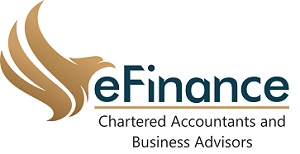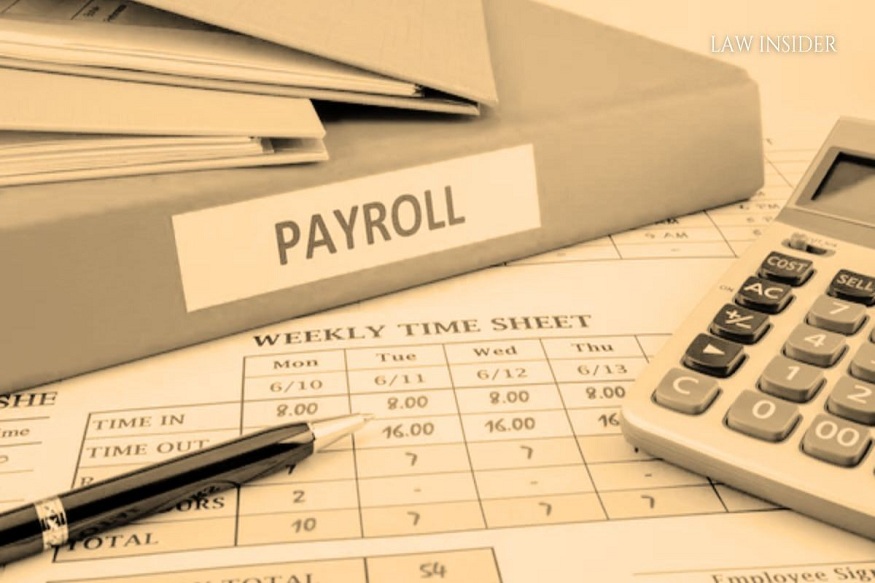Payroll administration is one of the core functions of any organization, as it aims to pay employees timely and accurately according to labor regulations and tax withholding practices. From the viewpoint of Charles Spinelli, all payroll departments, even the best ones, are legally obligated to get audited.
A payroll audit is an examination of a company’s payroll processes, records, and systems to determine compliance with legislation at the federal, state, and local levels. It is important to understand what to expect and how to prepare so that businesses can minimize penalties, and facilitate the actual audit process.
Understanding the Purpose of a Payroll Audit
Payroll audits can be carried out by internal auditors, external accountants, or an outside regulatory organization like the IRS, the Department of Labor (DOL), or state labor departments. The objective of a payroll audit is to verify that the organization is calculating pay properly, classifying employees lawfully, paying employment taxes, and maintaining the proper documentation.
Such audits can be triggered at random, as part of a routine basis, or because of red flags such as inconsistent tax filings, employee job complaints, or misclassifying employees.
What Auditors Typically Examine
During an audit, auditors tend to verify some crucial areas:
- Employee Classification: One of the widespread issues is when workers are misclassified as independent contractors instead of employees. If the law pertinent to appropriately classifying employees is not followed or not addressed it results in unpaid taxes and consequent penalties.
- Timekeeping/Overtime: Auditors will typically see to it that time records are correct and overtime pay complies with either the Fair Labor Standards Act (FLSA) or applicable state laws.
- Wages and Deductions: To ensure all wages are being computed correctly, and that deductions (whether for taxes, benefits, or garnishments) are property-recorded in documentation form.
- Payroll Tax Payments and Filings: Filing of payroll taxes must be timely and accurate, covering income tax withholdings, Social Security, Medicare, and unemployment taxes.
- Recordkeeping: Companies must maintain payroll records for a set amount of time. Auditors will review the records to see if they comply with retention and accuracy requirements.
How to Prepare for a Payroll Audit
Successful payroll audits depend on thorough preparation. The following actions demand business consideration:
- Arrange Documentation: Ensure the preservation of intricate payroll documentation that encompasses employee data along with time records, pay slips, W-2 forms, tax submissions, and benefit deductions. The meticulous maintenance of these records in current and structured form serves as a powerful tool to alleviate audit-related pressures, as per Charles Spinelli.
- Examine Organizational Protocols: Executing a preliminary payroll audit internally before the official examination helps detect potential discrepancies and non-compliance issues. This self-check enables businesses to address problems before they upsurge.
- Authenticate Worker Categorization: Perform verification processes to ensure worker classifications meet IRS and DOL criteria. The system differentiates among full-time employees, part-time workers, temporary staff, and independent contractors.
- Seek Expert Assistance: The involvement of a payroll specialist or accountant introduces an extra dimension of scrutiny. These experts possess knowledge of compliance standards and offer assistance in document preparation while responding to auditor questions.
- Initiate dialogue with personnel: Inform personnel within payroll and HR divisions about the audit process and its components. Delegate the tasks of collecting necessary documents and addressing auditor inquiries to specific team members.
- After the Audit: Upon the audit’s completion the business entity shall obtain a document that details potential problems and inconsistencies. Discoveries of violations can lead to demands for the company to remit penalties, settle back taxes, or implement corrective measures. The serious consideration of findings combined with the execution of recommended enhancements will bolster future payroll processes.
A payroll audit might feel a bit overwhelming, but if businesses stay prepared and keep an eye on the details, it is manageable. Knowing what auditors check for and having a solid payroll system can help businesses get through audits more smoothly and keep everything in line financially and legally.






